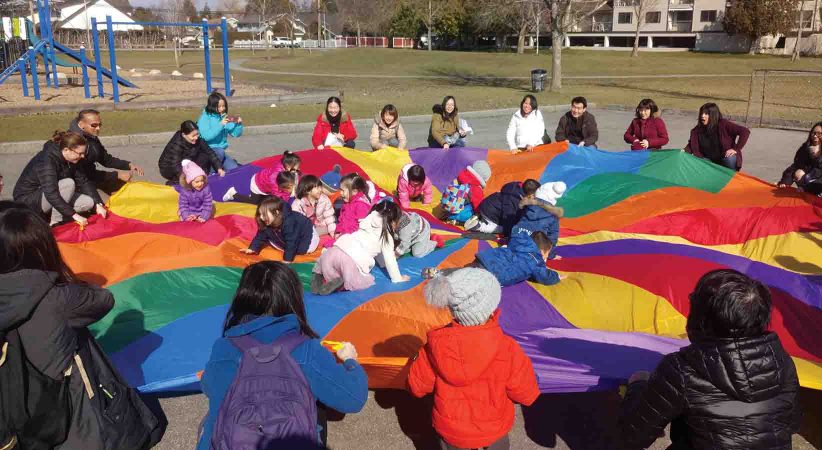
Active Play, the Brain and Learning
Physical activity supports healthy brain development. It can improve memory, neuroplasticity, and executive function, including focusing, planning and organizing. Several research studies have shown a significant relationship between physical fitness and academic achievement.
Active play also supports learning by providing opportunities to:
- observe and learn from others
- develop confidence and increase self-esteem
- develop social skills, such as communicating with others, sharing, and cooperating
- enhance background knowledge and vocabulary
To learn more about the connection between physical activity, the brain, and learning for children, read:
- Expert Statement on Physical Activity and Brain Health in Children and Youth
- How Movement and Exercise Help Kids Learn
- Research-Tested Benefits of Breaks
Exercise benefits adult brains, too.
Related Blog Posts
Picture Books that Get Kids Moving
Bouncing! Jumping! Clapping! Let’s be Active!
Teaching Time
Read about resources to help children learn about the passage of time.
Understanding Dyslexia
Newly released, the MindShift Guide to Understanding Dyslexia is designed to be an introduction to dyslexia. It describes: How to recognize dyslexia in children, including multilingual English Language Learners Teaching …
